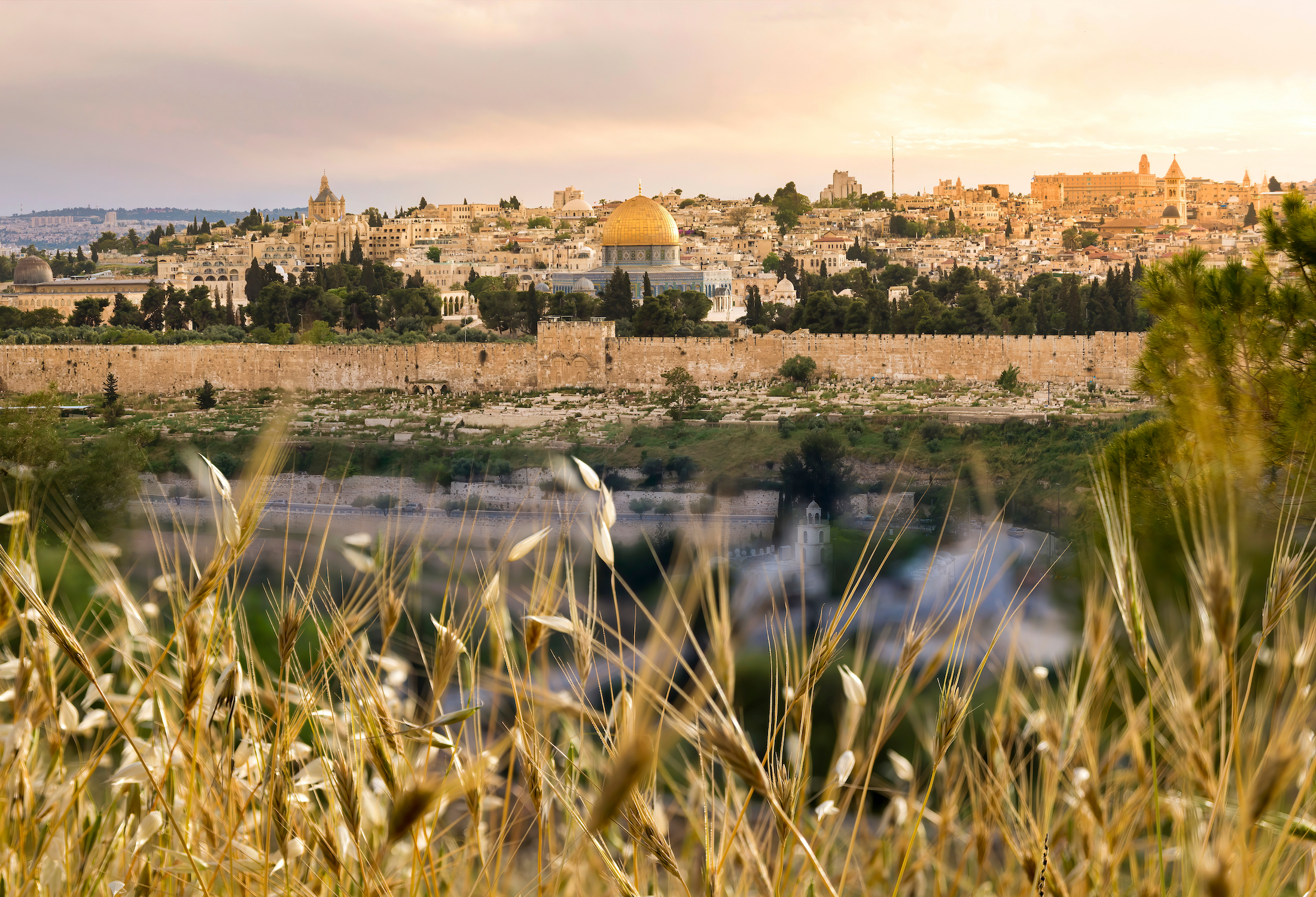Shavuot, also known as the Festival of Weeks and Pentecost, holds a significant place in the Jewish calendar. With its roots in ancient agricultural practices, the commemoration of the giving of the Torah at Mount Sinai, and the outpouring of the Holy Spirit as recorded in the Book of Acts, Shavuot is a remarkable feast that encompasses multiple layers of spiritual significance. The period of “counting the days” from Passover until Shavuot according to the Lord’s command (Leviticus 23:15) is called “Counting the Omer.”
The book of Acts records the events of the outpouring of the Holy Spirit on the day of Pentecost, which is connected to Shavuot. Acts 2:1-4 describe how the disciples were gathered together in Jerusalem during the festival when the Holy Spirit descended upon them. This event took place 50 days after Jesus’ resurrection, which aligns with the timing of Shavuot.
- Historical and Agricultural Background: Shavuot takes place exactly 50 days after Passover, signifying the completion of the grain harvest in ancient Israel. It was a time when farmers would bring their first fruits to the Temple in Jerusalem, expressing gratitude to God for the abundance of the land. This agricultural aspect of Shavuot reminds us of the divine provision and the interconnectedness between humanity and the natural world.
- The Giving of the Torah: Shavuot also commemorates the pivotal moment when Moses received the Ten Commandments and the Torah from God at Mount Sinai. The giving of the Torah transformed the Jewish people into a nation bound by a covenant with their Creator. Shavuot, therefore, symbolizes the Jewish commitment to study and live by the teachings and commandments found within the Torah.
- The Outpouring of the Holy Spirit: In the Christian tradition, Shavuot holds additional significance as it marks the outpouring of the Holy Spirit upon the disciples of Jesus Christ. Following Jesus’ ascension into heaven, the disciples gathered together in Jerusalem to celebrate Shavuot. Suddenly, a sound like a rushing wind filled the place, and tongues of fire appeared, resting upon each of them. They were filled with the Holy Spirit and began speaking in different languages, proclaiming and demonstrating the mighty works of God.
In commemoration of the outpouring of the Holy Spirit, many Christian communities engage in all-night vigils and prayer services on Shavuot. In the Jewish community, the Book of Ruth is traditionally read on Shavuot, highlighting themes of loyalty, kindness, and redemption. It serves as a reminder of God’s faithfulness and the importance of embracing strangers and caring for those in need. Lord Y’shua (Jesus), thank you for another outpouring of your Ruah HaKodesh (Holy Spirit)! Thank you for empowering us with your Holy Ghost Power. That power that will help us to do right, act in accordance to your will and fulfill the purposes that you have ordained for us, for your glory!
